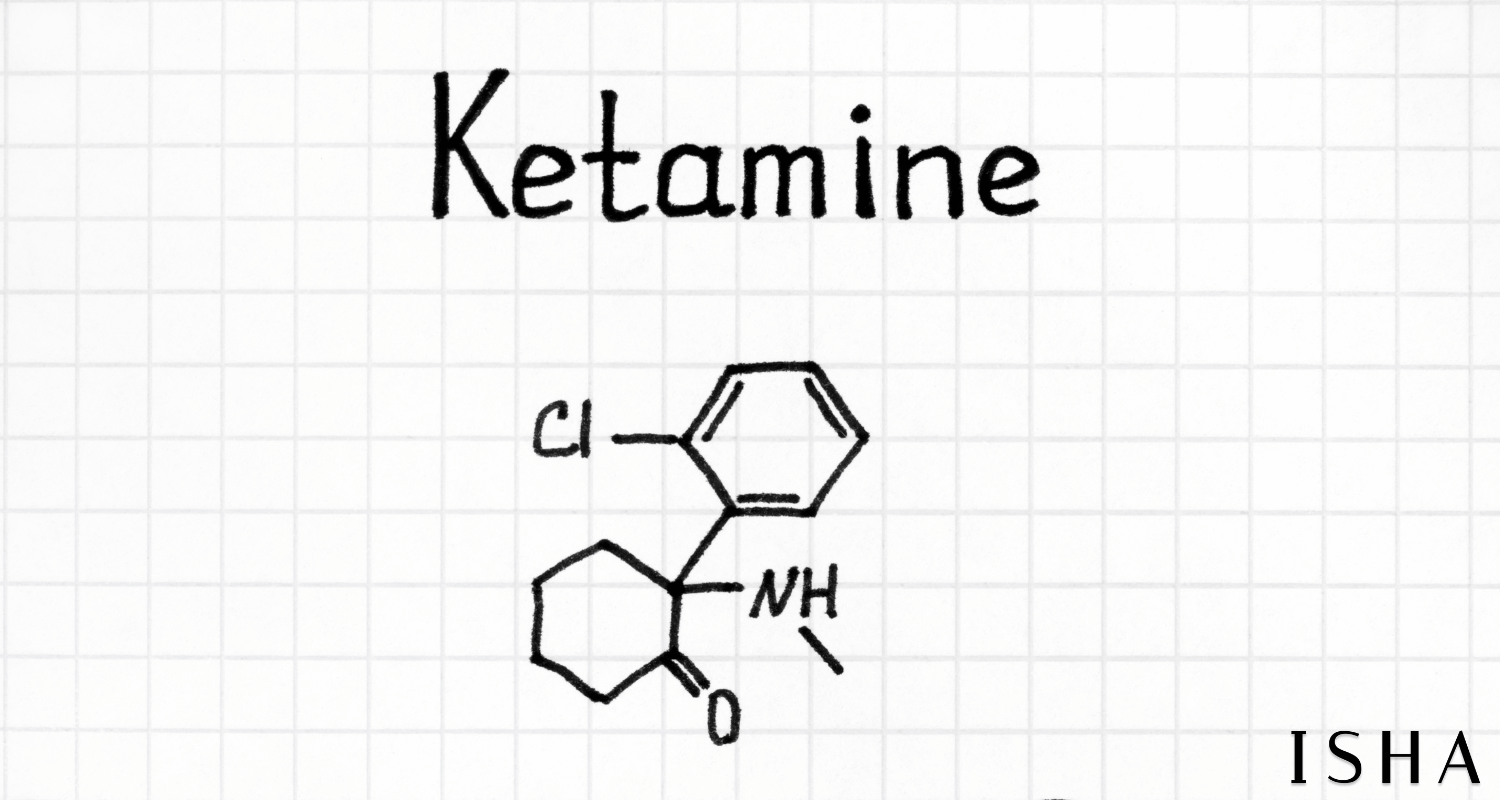Online Ketamine Treatment Available in: AZ, CA, CO, FL, GA, NY, OR, TX, and WA.
Online Ketamine Treatment Available in: AZ, CA, CO, FL, GA, NY, OR, TX, and WA.
FOR PATEINTS
Make an AppointmentpricingOUR TREATMENT APPROACH.png)
Science of Ketamine
February 29, 2024
March 28, 2024
Welcome to a deep dive into a groundbreaking study published in Nature's Scientific Reports. The paper, "Hippocampal Volume Changes after (RS)-Ketamine Administration in Patients with Major Depressive Disorder and Healthy Volunteers," isn't just another academic read. It's a journey into the brain's intricate response to ketamine, a drug that's gaining attention in treating depression, especially the treatment-resistant kind.
This study is unique. It uses both 3T and 7T MRI scans to observe changes in the hippocampus and amygdala—key brain regions involved in emotion and memory. Researchers compared these changes in individuals with treatment-resistant depression (TRD) against those in healthy volunteers. This comparison is crucial because it sheds light on how depression alters brain structure and how ketamine can reverse these changes.
The most notable finding? A slight increase in the whole left amygdalar volume in individuals with TRD post-ketamine treatment. This change might seem minor, but in the world of neuroimaging and psychiatry, it's like finding a new piece in a complex puzzle. The study didn't find other significant changes in hippocampal or amygdalar volumes. This finding is essential as it provides clues to how ketamine, known for its rapid antidepressant effects, might bring about changes in the brain.
Why does this matter? Depression isn't just about feeling blue; it's linked to physical changes in the brain. Understanding how treatments like ketamine can reverse these changes is crucial. It opens up new avenues for treating depression, particularly forms that don't respond to traditional antidepressants.
In conclusion, this study is a significant step in understanding the physical impact of ketamine on the brain. It opens up new questions and possibilities in treating depression, making it a beacon of hope for those struggling with this challenging condition.
For a detailed exploration of this fascinating study, check out the full paper here.
Q: How does this study change the perception of ketamine therapy?
A: This study provides scientific backing to the anecdotal evidence of ketamine's effectiveness, showing that it's not just symptom relief but also involves structural brain changes.
Q: What are the potential side effects of ketamine treatment?
A: While ketamine shows promise, it's important to be aware of potential side effects, such as dissociation or nausea. Consulting with healthcare professionals is essential.
Let's bring in some real-world perspectives. Patients who have undergone ketamine therapy often report not just symptomatic relief but also describe a sense of 'reset' in their emotional and cognitive states. These personal experiences, coupled with scientific research, paint a fuller picture of ketamine's potential.
With studies like this, the future of depression treatment looks more hopeful. It's not just about managing symptoms anymore; it's about targeting the root causes and making tangible changes in brain health.
Wrapping Up: A New Era in Mental Health Treatment
As we conclude, remember that each step in research like this brings us closer to understanding the complexities of mental health and developing more effective treatments. For anyone on their journey with depression, this study is a reminder that there are always new avenues of hope and recovery.
Get the latest insights on psychedelic therapy, mental health, and innovative treatments—straight to your inbox.
Sign up
for the
Isha Health
Newsletter
More on
Science of Ketamine
This website has been reviewed by Isha Health California, P.C. and should not be used as medical advice in place of a licensed psychiatric clinician.
IN CASE OF EMERGENCY:
If you are in a life-threatening situation, don’t use this site. Call, text, or chat 988 or 1-800-273-TALK (8255), or use these resources to get immediate help.



.png)

.png)
.png)
.png)
.png)
.png)






.png)
.png)
.png)
.png)









.png)




.png)
.png)
.png)



.png)










.png)
.png)





.png)



.png)



.png)
.png)
.png)
.jpg)

.png)
.jpg)
.png)
.png)

.jpg)

.png)
.png)
.png)

.png)




%202.png)
.png)



.png)
.png)
.png)
.png)
.png)
.png)